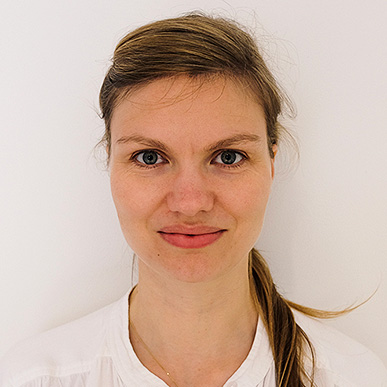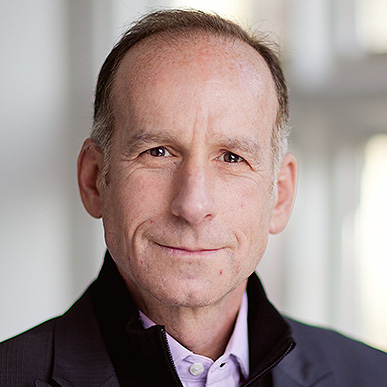Iriann Freemantle and Loren B. Landau: Migration and the African timespace trap. Temporal bordering and its undoing


Ataya: HUMA Interdisciplinary Seminar Series


Project/Paper: Please read ‘Migration and the African Timespace Trap: More Europe for the World, Less World for Europe’ by Iriann Freemantle and Loren B. Landau in Geopolitics, 27:3 (2020). Article made available with the kind permission of the authors.
Bios: Iriann Freemantle is an Associate Researcher with the African Centre for Migration & Society (ACMS) at the University of the Witwatersrand in Johannesburg. Over the past decade, Iriann has worked extensively on migration, xenophobia and social cohesion in South Africa. Her current work focuses predominantly on old and new forms of racism expressed in European policies on migration in and out of Africa. // Loren B. Landau is Professor of Migration and Development at the University of Oxford, Research Professor at the University of the Witwatersrand’s African Centre for Migration & Society (ACMS), and co-director of the Wits-Oxford Mobility Governance Lab (MGL). His interdisciplinary scholarship explores mobility, multi-scale governance, and the transformation of socio-political communities across the Global South.
Topic: This presentation reflects on the temporalisation and territorialisation of Africa in response to Europe’s 'migration crisis'. Re-awakened fears of the African other and its own divisive internal politics have presented Europe’s leaders with a dilemma: how to contain African ambitions to move while remaining true to their self-professed commitment to individual freedom, universal rights, and global progress. To solve it, Europe has updated longstanding colonial narratives and identities by constructing a timespace trap. This trap justifies exclusion as readying Africa for an elusive global future. Employing temporal forms of socio-spatial governance, the Europeans dangle a global and mobile future to Africans willing to mould themselves into externally defined parameters of moral respectability. Together with allies across sectors and continents, they are realising their ambitions through frameworks that morally justify intercepting and pre-empting movement as means of empowering and perfecting Africans. Doing so effectively excludes Africans from a shared, global humanity while discursively shielding Europe’s liberal commitments. The presentation ends by considering what forms of counter-movements are possible and how scholars, activists, citizens, and migrants might imagine a politics beyond containment.